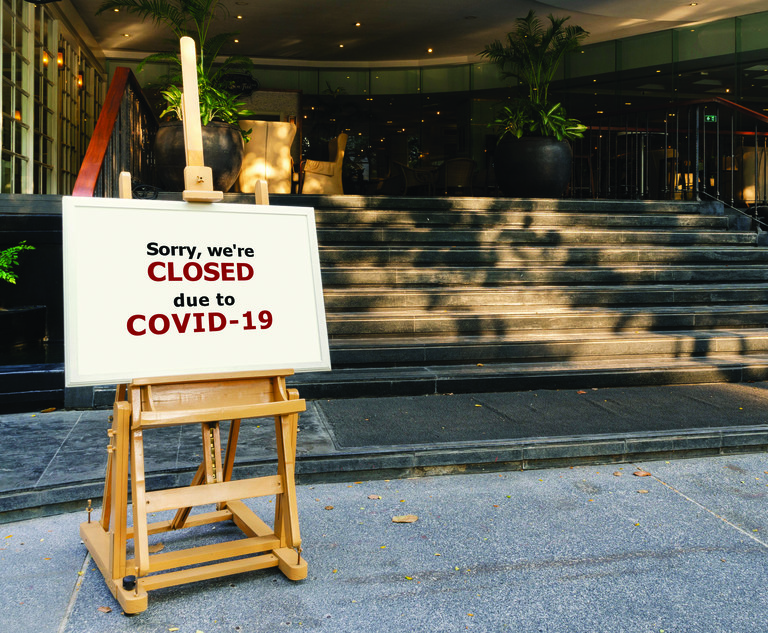The Fourth District Court of Appeal recently issued a helpful decision for entities, both in and out of the “gig economy,” that have been scrambling to reassess their contracting relationships in the wake of Dynamex Operations West v. Superior Court, (2018) 4 Cal.5th 903. In Curry v. Equilon Enterprises LLC, (2018) 23 Cal.App.5th 289, the appellate court held that the far-reaching “ABC” test set out by the state Supreme Court in Dynamex does not apply in the context of a joint employment claim. This outcome is helpful to employers that engage contract labor through other companies, rather than directly with the individuals providing the services.
Curry involved a gas station manager who alleged she was jointly employed by Equilon Enterprises LLC, doing business as Shell Oil Products US and ARS, the company that leased gas stations from Shell. The court analyzed this claim under the California Supreme Court’s prior decision in another joint employment case, Martinez v. Combs, (2010) 49 Cal.4th 35. That case set forth the three possible definitions of “employ” under the Industrial Welfare Commission Wage Orders to mean: (a) to exercise control over the wages, hours, or working conditions; (b) to suffer or permit to work; or (c) to engage, thereby creating a common-law employment relationship.


 Gina Roccanora, left, and Yuki Cruse, right, with Meyers Nave.
Gina Roccanora, left, and Yuki Cruse, right, with Meyers Nave.




